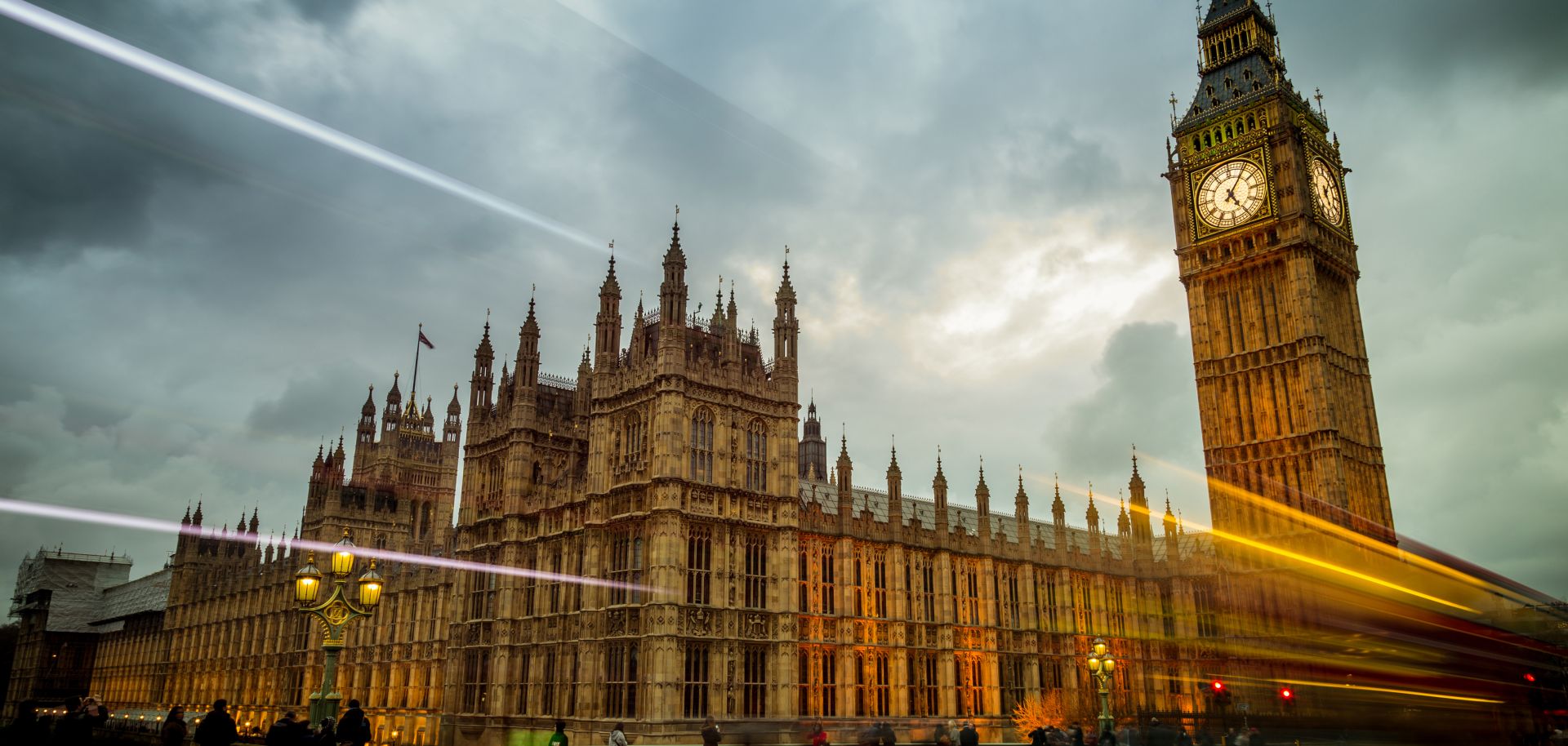In the United Kingdom, a Labour government would increase the state's presence in the economy, spend more on social policies and public services, and embrace a more ambitious energy transition agenda than its Conservative predecessor while trying to maintain fiscal discipline. However, foreign policy would not change significantly, and while Labour would seek closer relations and regulatory alignment with the European Union, major revamps to post-Brexit arrangements would be unlikely. The United Kingdom will hold a general election on July 4, which opinion polls predict the opposition Labour Party will win comfortably, ending 14 consecutive years of Conservative rule. If the polls are correct, Labour will control a solid majority in Parliament, appoint Keir Starmer as prime minister and implement its policy agenda with minimal opposition. A large majority would enable a new Labour government to overcome potential internal dissent and pass legislation despite sporadic intra-party rebellions. By contrast, a...

